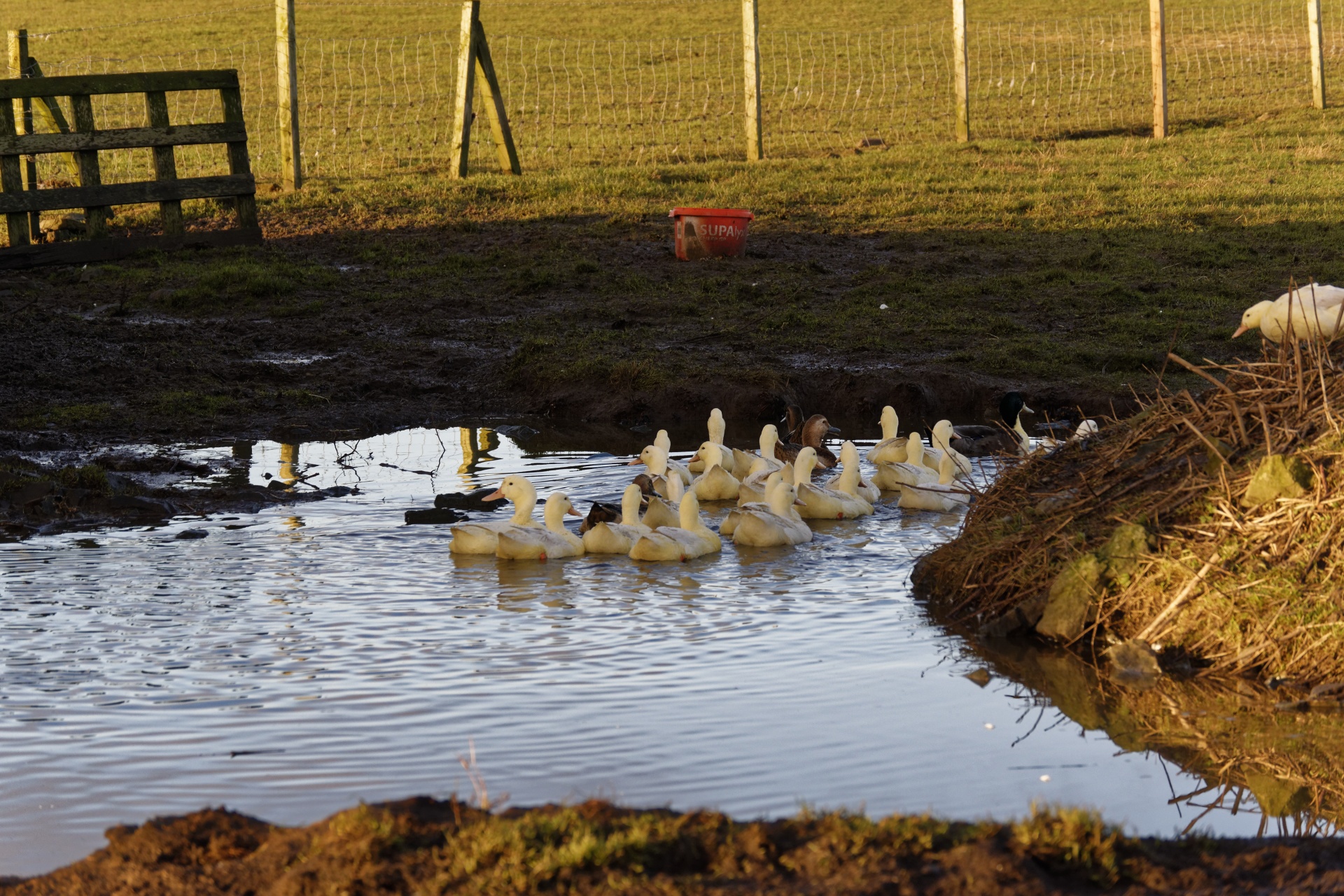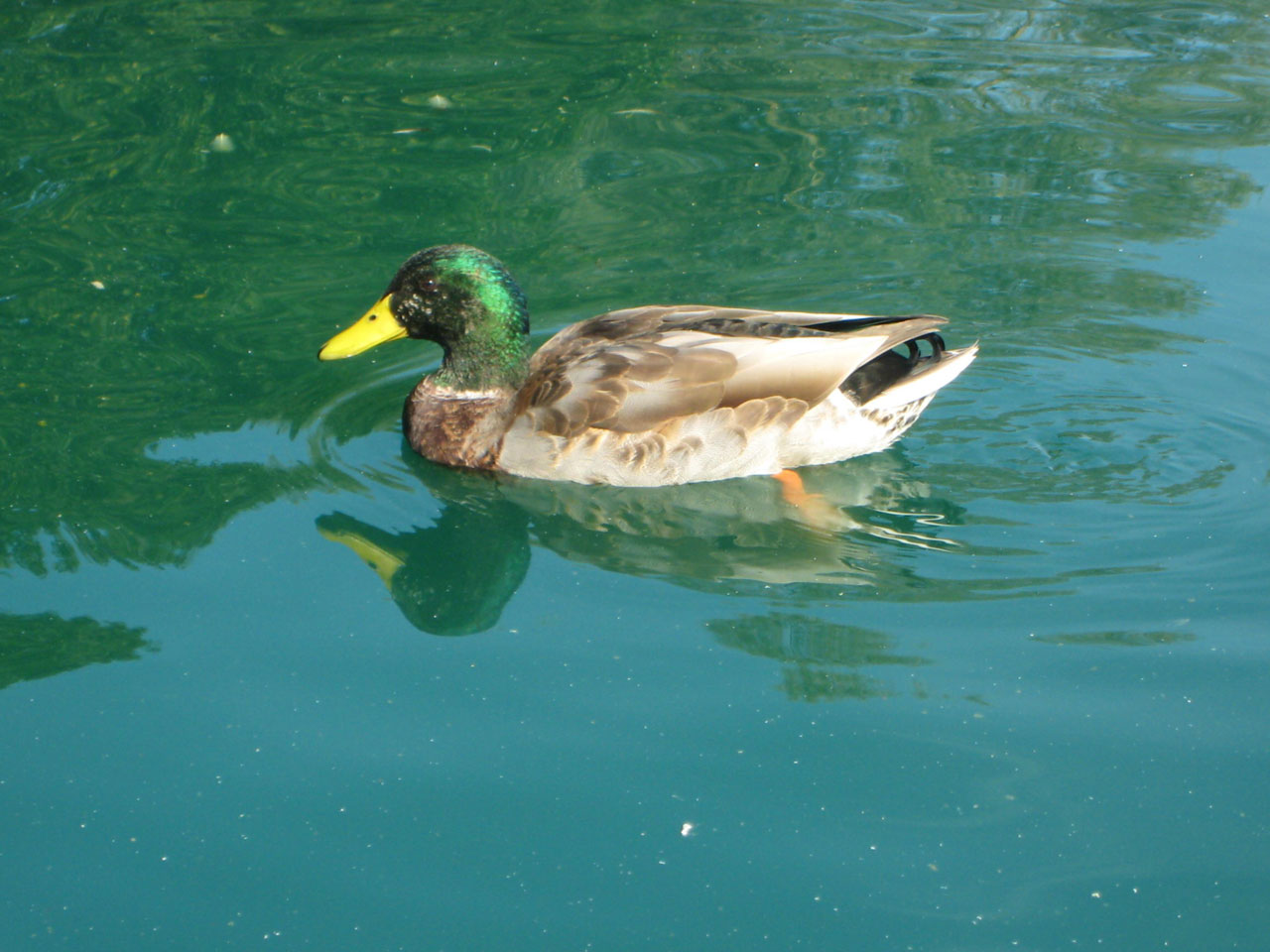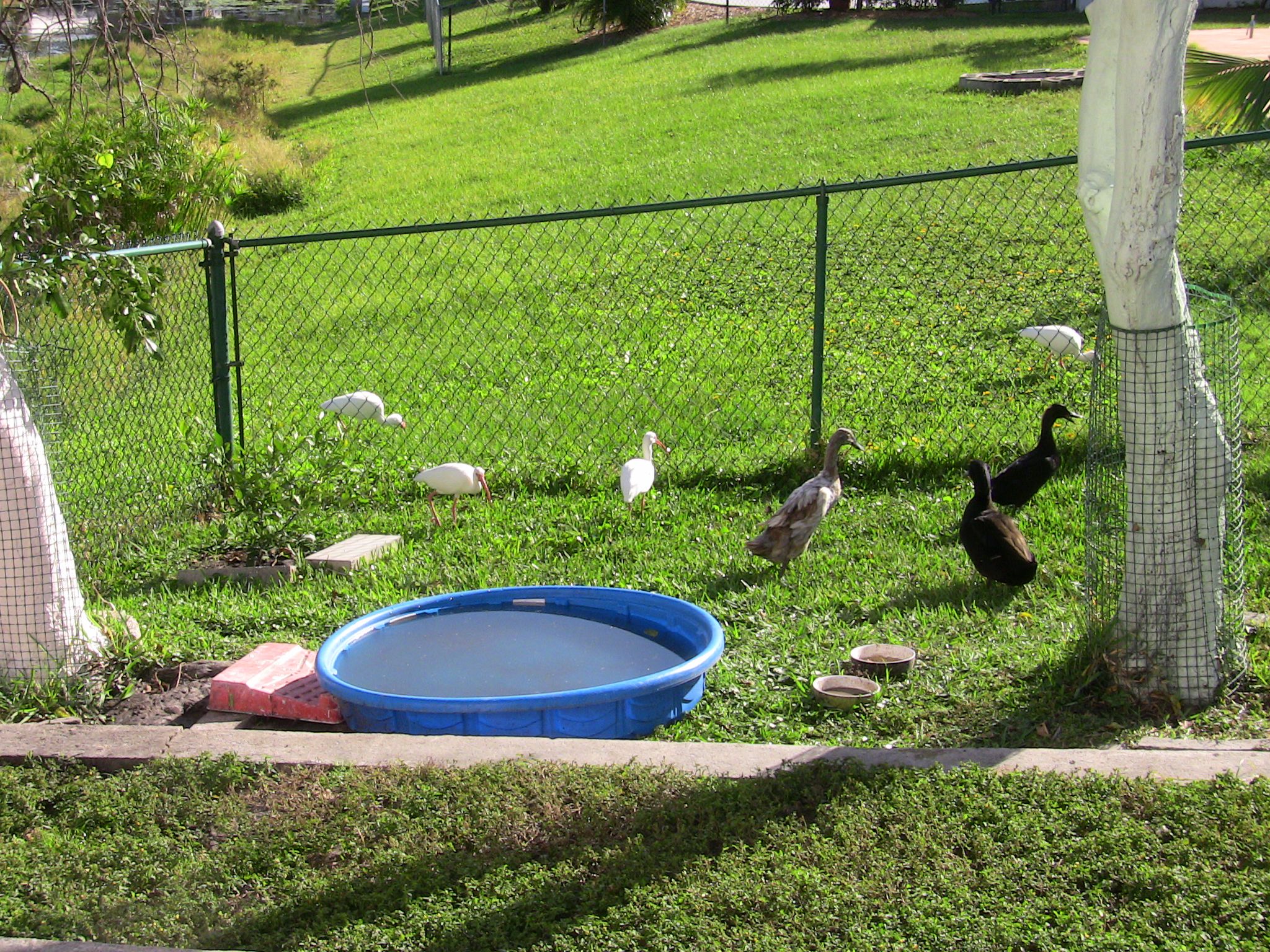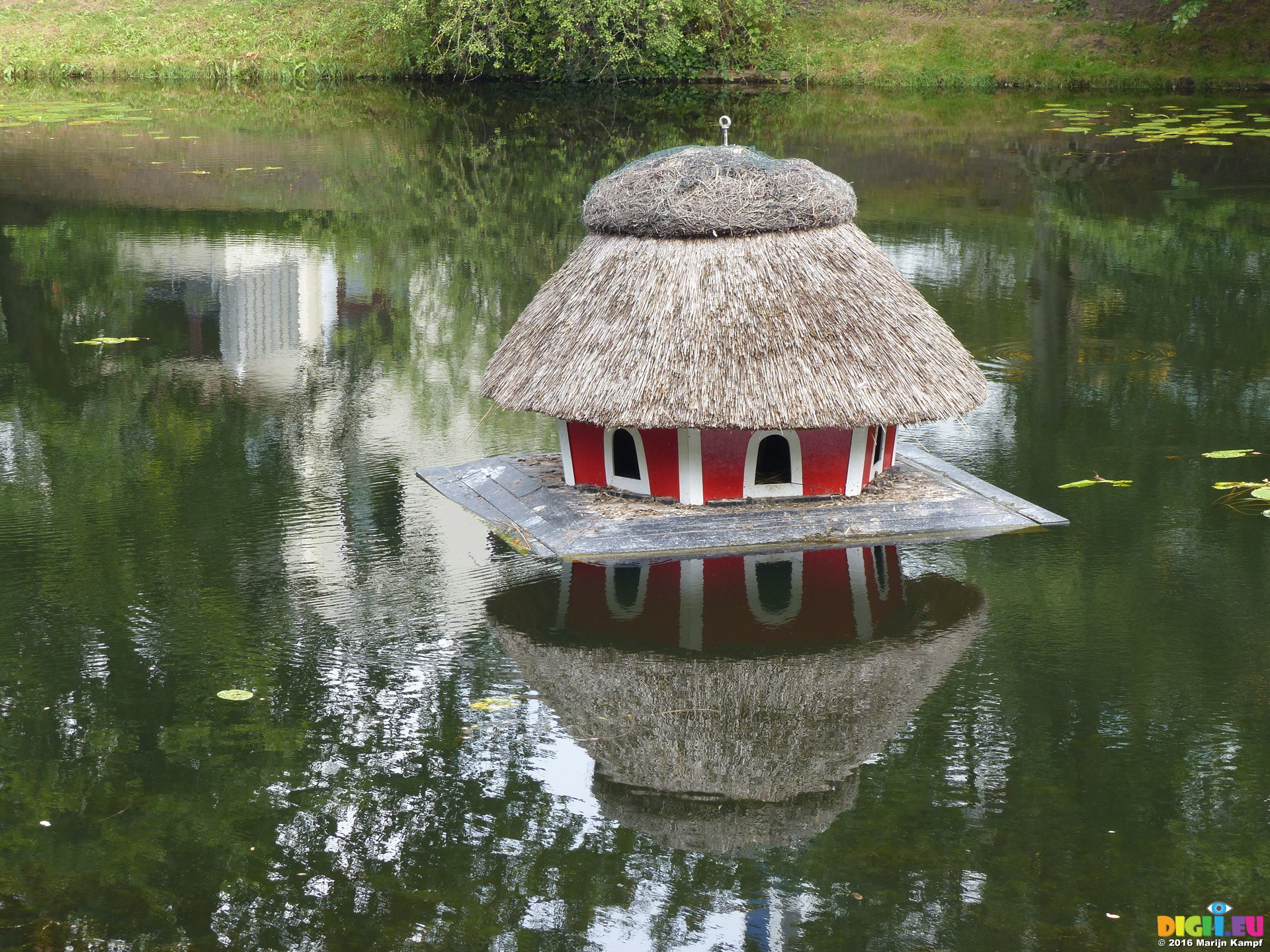
Introduction
A duck pond is a serene and picturesque water body that serves as a habitat for ducks and a recreational spot for nature enthusiasts. These peaceful oases can be found in parks, gardens, and even some residential areas. Duck ponds not only provide a safe haven for ducks but also offer a tranquil setting for people to unwind amidst nature's beauty.

The Beauty of Duck Ponds
Duck ponds are characterized by their enchanting beauty and vibrant ecosystem. The crystal-clear water reflects the surrounding greenery, creating a mesmerizing sight. Colorful aquatic plants adorn the pond, providing a natural shelter for ducks and other water-loving creatures. The melodious chirping of birds and the gentle rustling of leaves add to the soothing ambiance of the duck pond.

Duck Pond Ecosystem
The ecosystem of a duck pond is a fascinating microcosm of nature's wonders. It supports a diverse range of flora and fauna, creating a delicate balance. Aquatic plants such as lily pads, water lilies, and cattails provide shelter and food for ducks, while also serving as nurseries for various insects and amphibians. The pond attracts dragonflies, frogs, and turtles, further enriching its biodiversity.

Ducks: The Stars of the Pond
Ducks are the main inhabitants of a duck pond, captivating visitors with their graceful movements and playful antics. These aquatic birds belong to the Anatidae family and are known for their webbed feet, waterproof feathers, and distinctive quacking sounds. Ducks come in various species, including mallards, wood ducks, and mandarin ducks, each displaying unique plumage patterns and behaviors.

Feeding Ducks: An Enjoyable Activity
Feeding ducks is a popular activity for visitors of duck ponds. It offers a chance to interact with these delightful creatures up close. However, it is important to feed them appropriate food. Ducks have a varied diet, including insects, small fish, and plants. Therefore, it is best to provide them with duck pellets or grains, which are specifically formulated to meet their nutritional needs.
Benefits of Duck Ponds
Duck ponds offer numerous benefits to both the environment and humans. As natural habitats, they contribute to the conservation of wildlife and promote biodiversity. These ponds act as water reservoirs, aiding in groundwater recharge and preventing soil erosion. Moreover, spending time near duck ponds has proven to reduce stress levels and improve mental well-being.

Designing a Duck Pond
The design of a duck pond requires careful consideration to ensure the well-being of ducks and create an aesthetically pleasing environment. The pond should have a gradual slope to allow easy access for ducks and prevent drowning incidents. Incorporating vegetation, rocks, and logs offers resting spots and nesting areas. A filtration system can maintain water quality, while aeration devices enhance oxygen levels.

Maintenance of Duck Ponds
Regular maintenance is essential to keep duck ponds clean and healthy. Removing debris like fallen leaves and excess algae prevents water contamination. Pond liners should be checked for leaks, and water levels need to be monitored to ensure a suitable habitat for ducks. Employing organic techniques like introducing beneficial bacteria can help maintain the pond's ecological balance.

Duck Pond Safety
Ensuring the safety of ducks and visitors is crucial in managing a duck pond. To avoid accidents, it is important to install barriers or fences around the pond to prevent unauthorized access. Signs indicating the presence of ducks and guidelines for responsible behavior can educate visitors about the importance of preserving the pond's ecosystem and respecting its inhabitants.

Importance of Conservation
Conservation efforts play a vital role in protecting duck ponds and their inhabitants. By preserving natural habitats, supporting wetland restoration projects, and minimizing pollution, we can ensure the long-term survival of ducks and other wildlife species. Educating communities about the significance of these ecosystems fosters a sense of responsibility towards their conservation.

Conclusion
Visiting a duck pond is an enriching experience that allows us to connect with nature's marvels. These tranquil havens provide a sanctuary for ducks and a serene escape for humans. By appreciating the beauty of duck ponds and actively participating in their conservation, we can ensure that these magical places continue to thrive for generations to come.